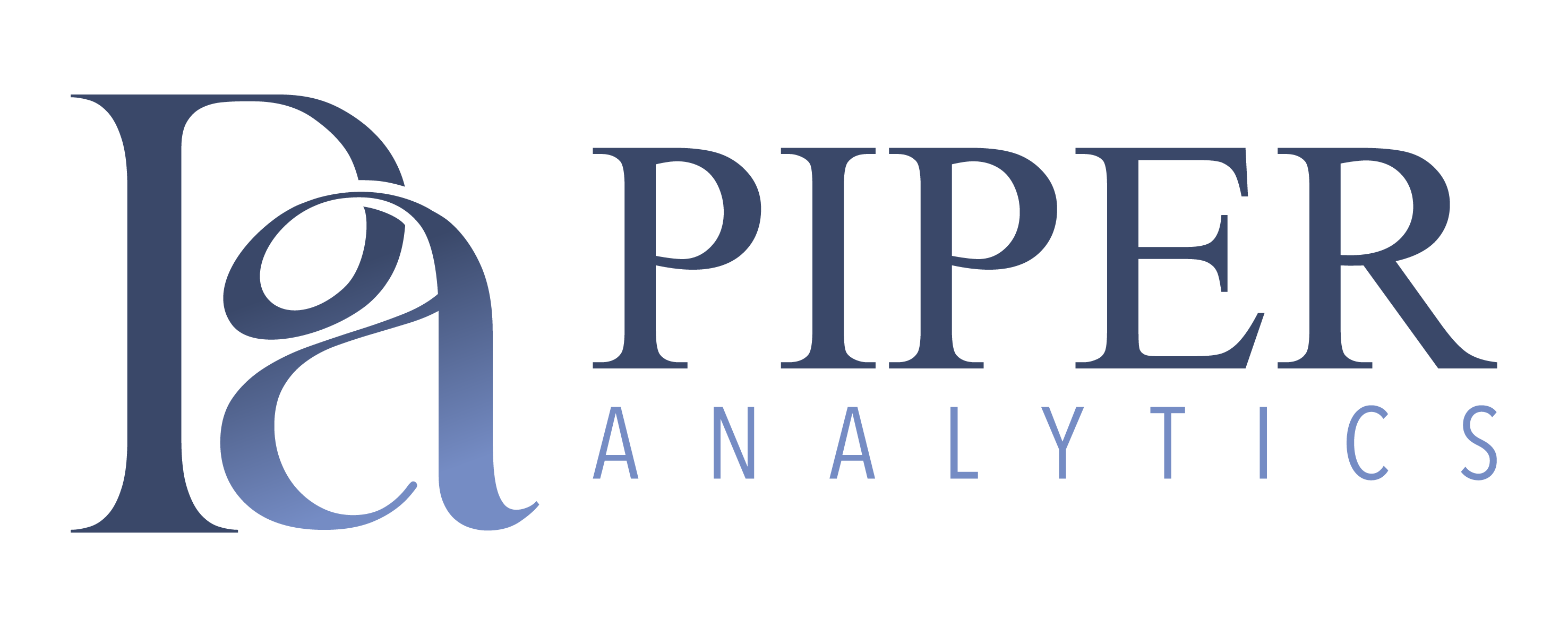Resources
DirectorsThe duties of the directors cease upon the granting of a winding up order for a compulsory winding up or upon the special resolution. They are replaced by the liquidator and they are removed from the management of the company. However, directors continue to have obligations under the Companies Act after the company is in liquidation but retain only vestigial powers. They are, for example, entitled to object to the petition for winding up and may appeal the winding up order.
The specific duties they have during the insolvency proceedings include providing a statement of affairs to the Master as well as assistance to the liquidator and attendance at the first and second meeting of creditors, where they may be questioned under oath. In a winding up by the court, the directors are required to submit to the Master of the High Court a statement of the company detailing its assets, debts and liabilities, the names, addresses and occupations of its creditors, the securities held by them respectively, the dates when the securities were respectively given, and such further or other information as the Master may require.
Directors (or persons involved with the affairs) of a company may be found guilty of an offence if they act in contravention of the Companies Act and if found guilty are liable for penalties. These provisions apply whether or not the company is in liquidation or not.
The Companies Act makes provision for the liquidator (and others including the Master) to make an application to the court for an order to disqualify the directors either as a result of inter alia being guilty of fraud or for acting in a reckless or incompetent manner. Any director that is disqualified may not take part in the management of a company for a period of five years. Perhaps more importantly, for those companies that are in liquidation if the directors are found guilty of an offence then in addition to the penalties the directors may be held liable for the debts of the company. The court may find the directors liable for the debts of the company even if an application for disqualification is not sought.
There are three main instances in which a director may be made personally liable for the debts of the company.
These are:
i) Fraudulent trading
ii) Reckless trading and
iii) Failure to keep proper books and records.
Fraudulent Trading is generally considered harder to prove than reckless trading as it requires a higher burden of proof and involves proof of dishonesty and intent on the part of the person against whom it is alleged. It is not necessary for the company to have been insolvent for an application to be made for fraudulent trading. Fraudulent trading is considered to be a criminal offence.
Reckless trading arises when a director (or person who is knowingly a party) is a party to the contracting of a debt by the company and did not honestly believe on reasonable grounds that the company would be able to pay the debt when it fell due for payment as well as its other debts (taking into account contingent and prospective liabilities). In order to prove that a director traded recklessly it needs to be proven that the director knew or ought to have concluded that there was no reasonable prospect that the company would avoid going insolvent. It must also be proven that the director against whom it is alleged traded recklessly failed to take every step to act properly and responsibly with a view to minimising the potential loss to the company’s creditors. Determining factors in deciding this will be the skill and knowledge required of all directors generally as well as the standard of skill, knowledge and experience for that particular director. The courts have regard to, inter alia, the following factors in determining whether a director acted recklessly – the scope of operations of the company, the role, functions and powers of the directors, the amount of the debts, the extent of the company’s financial difficulties and the prospects, if any, of recovery.
An application to have the directors declared personally liable for the company’s debt because of reckless trading and/or fraudulent trading may be bought by the Master, liquidator, judicial manager or any creditor of the company.
Failure to keep proper books and records arises where the court considers that the failure by the directors to keep proper books of account has contributed to the company’s inability to pay its debts or has resulted in substantial uncertainty as to the assets and liabilities of the company. Directors may be personally liable for the debts.
